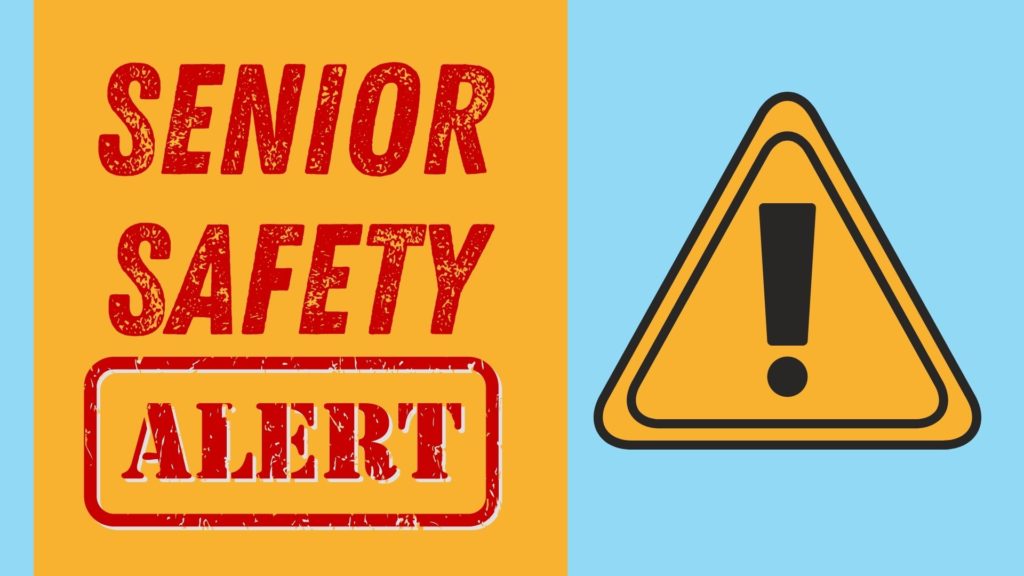Recent area house fires related to overheated or exploding lithium-ion batteries should be a caution to us all. Very few of us with cell a phone, laptop, cordless power tool, e-cigarette, or hybrid/electric automobile can avoid the use of a rechargeable lithium-ion battery. There are, however, some simple strategies to make their use safer.
Do not store items with batteries in too hot or too cold conditions. Ideally, you should keep your lithium -ion battery between 41°F(5°C) and 86°F(30°C).
Your battery is most efficient at 25% to 85% charge. Do not overcharge or let your charge run out. Both cause irreversible degradation of the battery.
Only use compatible chargers from approved manufacturers. Avoid fast chargers that stress battery chemistry and can overheat the battery.
If the lithium-ion battery changes color or shape, gets extremely hot, starts making noises, or even starts to smell, those are all signs that it is overheating — Try moving the device away from flammable materials and unplugging it.
If you are in an electric vehicle when the battery overheats or catches fire, pull over and get out. Never attempt to extinguish lithium–ion battery fire yourself.
Think about the process of charging these devices the same way you would cooking food on your stove. Do not leave charging devices unattended, and never leave them charging overnight. Do not leave combustible materials near charging devices. Do not attempt to extinguish a lithium-ion battery fire with water, the lithium-ion in the battery when combined with water forms lithium-ion hydroxide and extremely flammable hydrogen, a colorless liquid that is very alkaline and can cause irritation or burns of the eyes, skin, and mouth, and nausea, muscle twitches, mental confusion, or blurred vision. You can smother small flames from a lithium-ion battery with dry sand, flour, baking soda or table salt.
Be aware of which devices contain lithium-ion batteries, handle and charge them correctly and like all potential emergencies, have a plan in mind if your device overheats or catches fire.
Do not dispose of batteries in your regular trash or recycling. To dispose of lithium-ion batteries from your home, bring them at no charge to the Household Hazardous Waste dropoff at the Shady Grove Processing Facility and Transfer Station. There is no limit on the number of batteries you may drop off.
Mom’s Organic Market accepts most batteries. Or use the Call2Recycle drop-off locator to find participating retailers.

